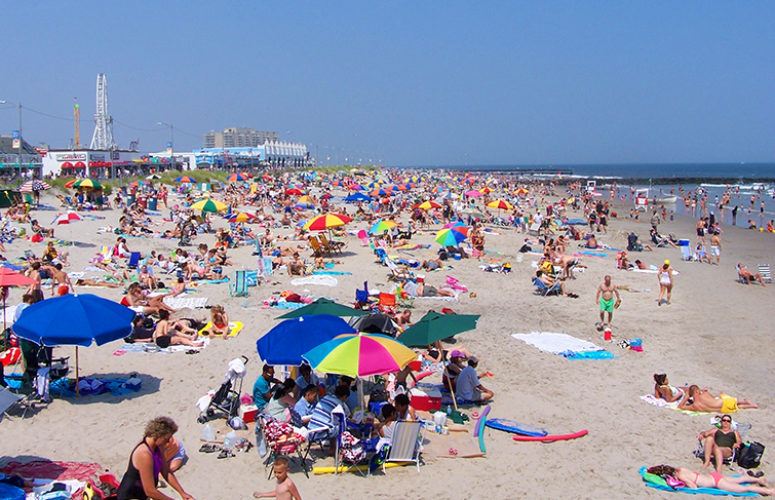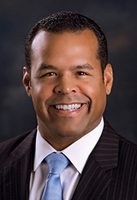
New Challenges for Booming Tourism Industry
By Michael Wallace, NJBIA Vice President of Government Affairs On Jun 29, 2019
NJBIA Vice President of Government Affairs
If history is any gauge, New Jersey’s shore towns will be packed for the July 4 weekend, a near record number of motorists will hit the road for vacation over the summer, and New Jersey tourism businesses as a whole will see a nice bump in spending over the previous year.
For a lot of individual businesses, however, the landscape is going to look very different than recent summers. New Jersey’s state government has put in place new rules and mandates that, unlike many other employment and labor laws, impact seasonal and very small businesses in a big way.
Fortunately, New Jersey’s tourism industry has been on a roll lately. According to a report by Tourism Economics, the state had 110 million visitors last year, a 7.4% increase over the previous year, and those visitors spent nearly $45 billion while they were here, a 4.5% increase over the previous year. These represent the biggest increases during a tourism winning streak reaching back to 2014. Today, nearly one in 10 New Jerseyans works in a job supported by the tourism industry.
Businesses are going to need that winning streak to continue to help them through the transition of the new labor rules.
That starts with New Jersey’s paid sick leave law, which took effect in October and requires all businesses to provide at least five days of paid sick leave to each employee. There is no small business exemption. Employees earn one hour of paid sick time for every 30 hours they work, with employers having to provide up to 40 hours per year.
The law does have a 120-day waiting period after an employee’s start date before they have to be allowed to take paid sick time, so that should prevent most summer-only employees from taking advantage of it during their short work season. Otherwise, sick leave can be used for a wide variety of reasons, including taking time out for family.
New Jersey’s $15-an-hour minimum wage law is also in effect now, though the rate will not reach $15 for a few years. As of July 1, the minimum wage for most businesses is $10 per hour; it will go up again on Jan. 1 to $11 per hour. But the law does provide a small reprieve for very small businesses and seasonal businesses. They can continue to pay the old minimum wage of $8.85 per hour throughout this summer, but will see their minimum wage increase to $10.30 on Jan. 1, a big jump, but still 70 cents less than other employers. In other words, small and seasonal businesses will see their minimum wage requirements rise, but at a slower rate. Eventually, though, everyone will have to pay $15 an hour.
The small business exception only applies to the very smallest of organizations, those with five or fewer employees. For seasonal businesses, there are three ways to qualify: exclusively provide services during a continuous period of not more than 10 weeks between June 1 and Sept. 30; earn at least two-thirds of gross receipts for the previous calendar year during a continuous period of not more than 16 weeks; or pay at least 75% of wages in the previous calendar year for work performed during a single calendar quarter.
As with so many of these labor mandates, the direct costs are just part of the story. Compliance, documentation and paperwork are additional burdens for business owners and managers, and it’s important to make sure any and all supervisors are aware of the new rules.
It’s good that New Jersey’s tourism industry is thriving right now because many of its individual businesses are going to be facing new challenges this summer.
To access more business news, visit NJB News Now.
Related Articles:





